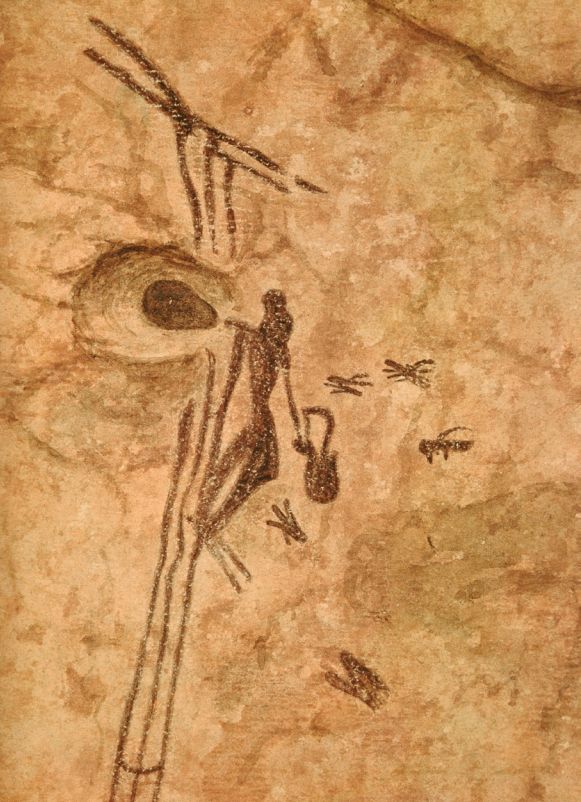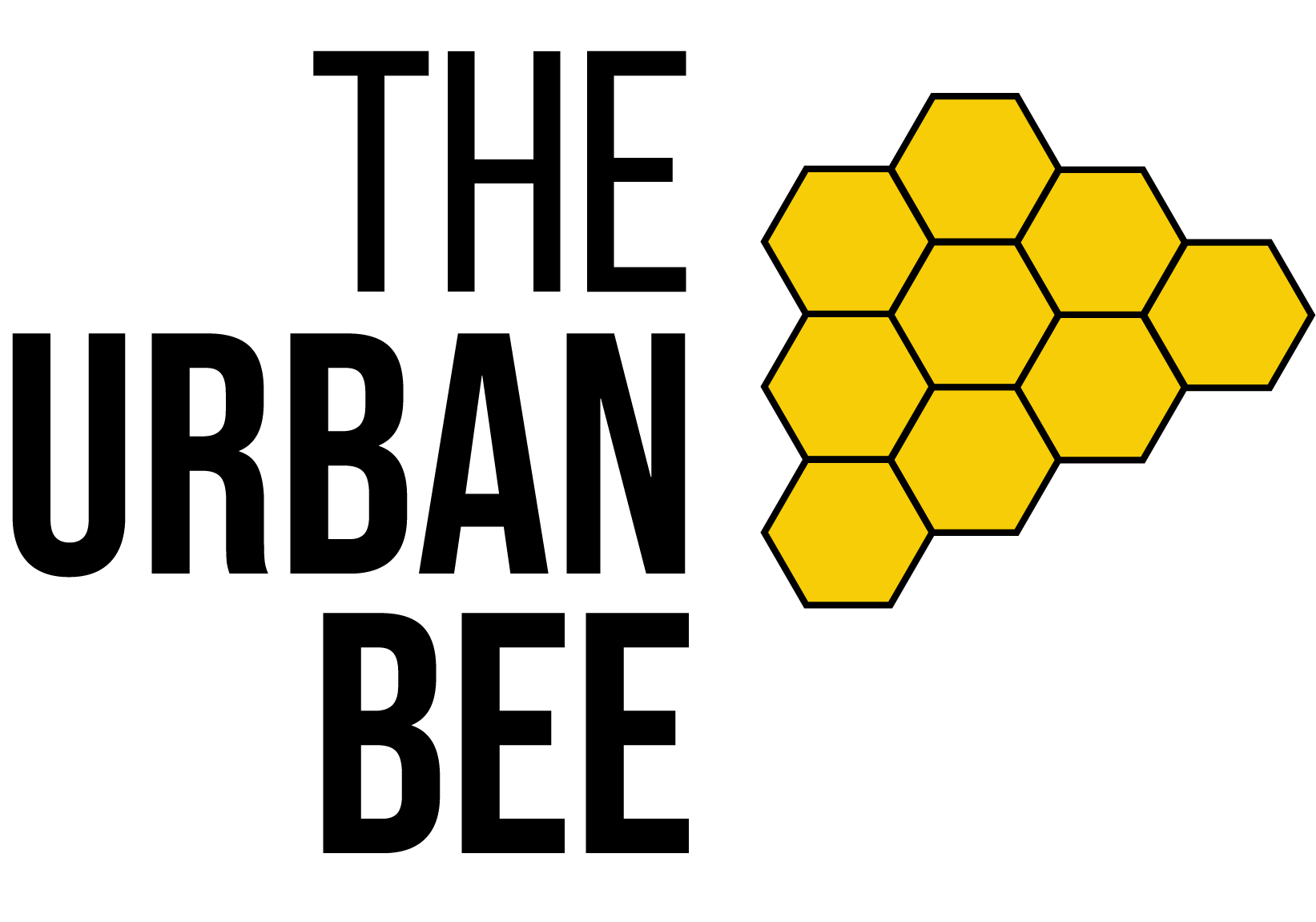“We believe that beekeeping creates a pathway in developing and building a better understanding of greater ecological issues surrounding land use, food production and the interference to natural processors by humans i.e. native habitat destruction, land clearing and chemical usage.”
Our Story from Head Apiarist, Josh
As a 4th generation beekeeper, bees have been a part of our family for many years and I have fond memories as a child working our family hives. Professional beekeeping came somewhat later in life with prior knowledge and experience paving the way to establishing The Urban Bee. As a chef, I have always had an interest in how food is sourced, produced and distributed which a few years ago led me down the road of honey production and distribution. From that point, with an already established and exercised interest in the environment, ethics, food production and food security my eyes were greatly widened to various other issues surrounding community perceptions of specifically honeybees and honey as a whole; this was the point where The Urban Bee began. We believe that beekeeping creates a pathway in developing and building a better understanding of greater ecological issues surrounding land use, food production and the interference to natural processors by humans i.e. native habitat destruction, land clearing and chemical usage. By working with community, individuals, business and corporation through urban beehive initiatives, honeybee education and ethical bee rescue we can strive to assist in bridging the disconnect between humans and honeybees so prevalent in our current society.
“Human beings have fabricated the illusion that in the 21st century they have the technological prowess to be independent of nature. Bees underline the reality that we are more, not less, dependent on nature’s services in a world of close to 7 billion people” – Achim Steiner, Executive Director UN Environment Programme (UNEP)

The Cuevas de la Araña or “Spider Caves” in English are a series of caves in Bicorp Municipality in Valencia Spain. These caves were used by early humans as shelter and as such, remains of their culture have been left for us to discover, and can give us insight into the lives of prehistoric humans. This painting depicted here, referred to as “The Man of Bicorp” is thought to have been painted by Epipaleolithic humans, around 8000 years ago. It was found among other paintings of important facets of life, such as hunting and ceremonial dancing, showing just how culturally significant bees were at the time.
